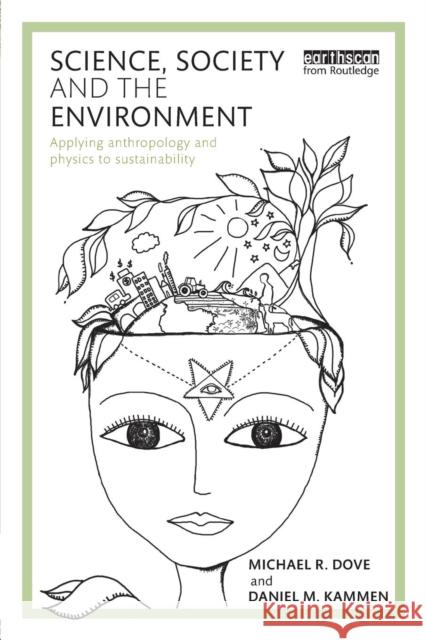Science, Society and the Environment: Applying Anthropology and Physics to Sustainability » książka
Science, Society and the Environment: Applying Anthropology and Physics to Sustainability
ISBN-13: 9780415715997 / Angielski / Miękka / 2015 / 164 str.
Science, Society and the Environment: Applying Anthropology and Physics to Sustainability
ISBN-13: 9780415715997 / Angielski / Miękka / 2015 / 164 str.
(netto: 279,82 VAT: 5%)
Najniższa cena z 30 dni: 266,93
ok. 16-18 dni roboczych.
Darmowa dostawa!
In an era when pressing environmental problems make collaboration across the divide between sciences and arts and humanities essential, this book presents the results of a collaborative analysis by an anthropologist and a physicist of four key junctures between science, society, and environment. The first focuses on the systemic bias in science in favour of studying esoteric subjects as distinct from the mundane subjects of everyday life; the second is a study of the fire-climax grasslands of Southeast Asia, especially those dominated by Imperata cylindrica (sword grass); the third reworks the idea of 'moral economy', applying it to relations between environment and society; and the fourth focuses on the evolution of the global discourse of the culpability and responsibility of climate change. The volume concludes with the insights of an interdisciplinary perspective for the natural and social science of sustainability. It argues that failures of conservation and development must be viewed systemically, and that mundane topics are no less complex than the more esoteric subjects of science. The book addresses a current blind spot within the academic research community to focusing attention on the seemingly common and mundane beliefs and practices that ultimately play the central role in the human interaction with the environment.
This book will benefit students and scholars from a number of different academic disciplines, including conservation and environment studies, development studies, studies of global environmental change, anthropology, geography, sociology, politics, and science and technology studies.










